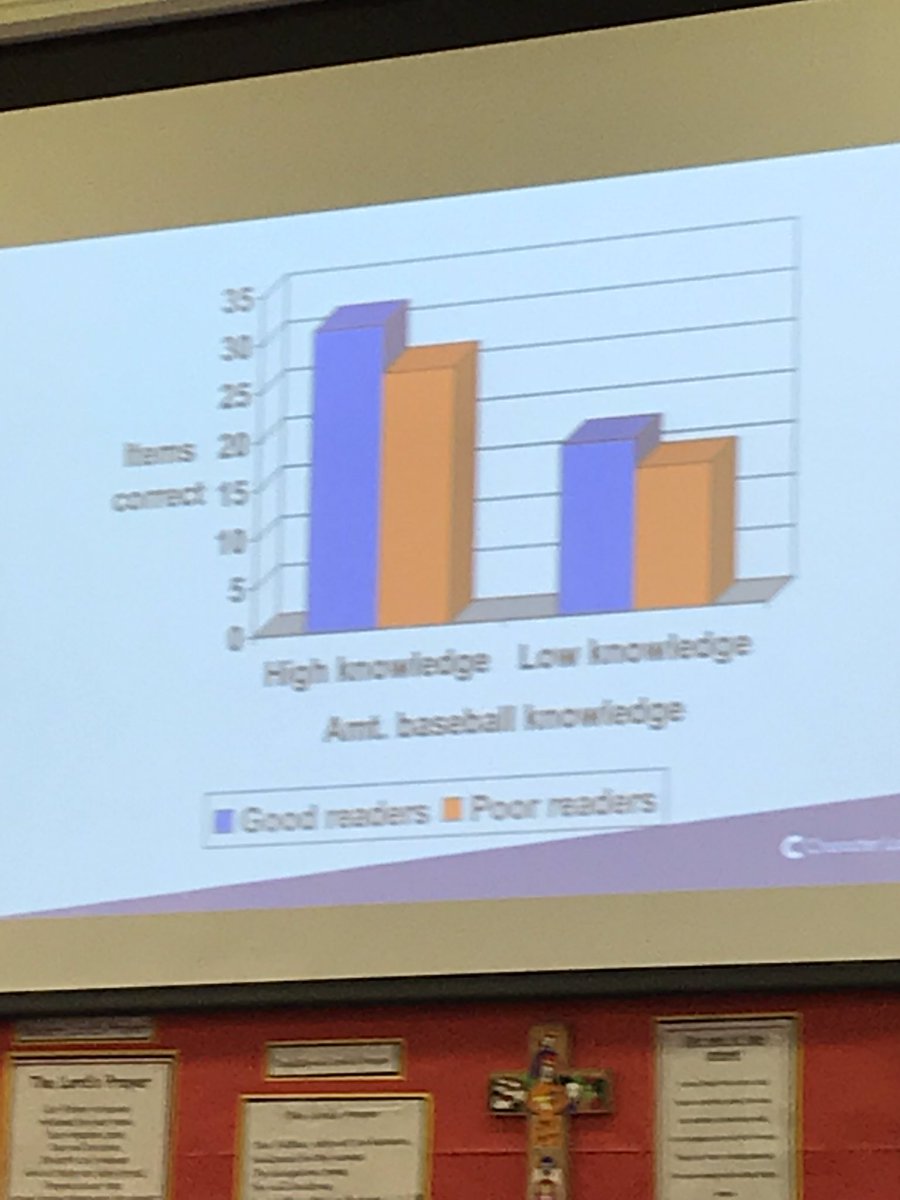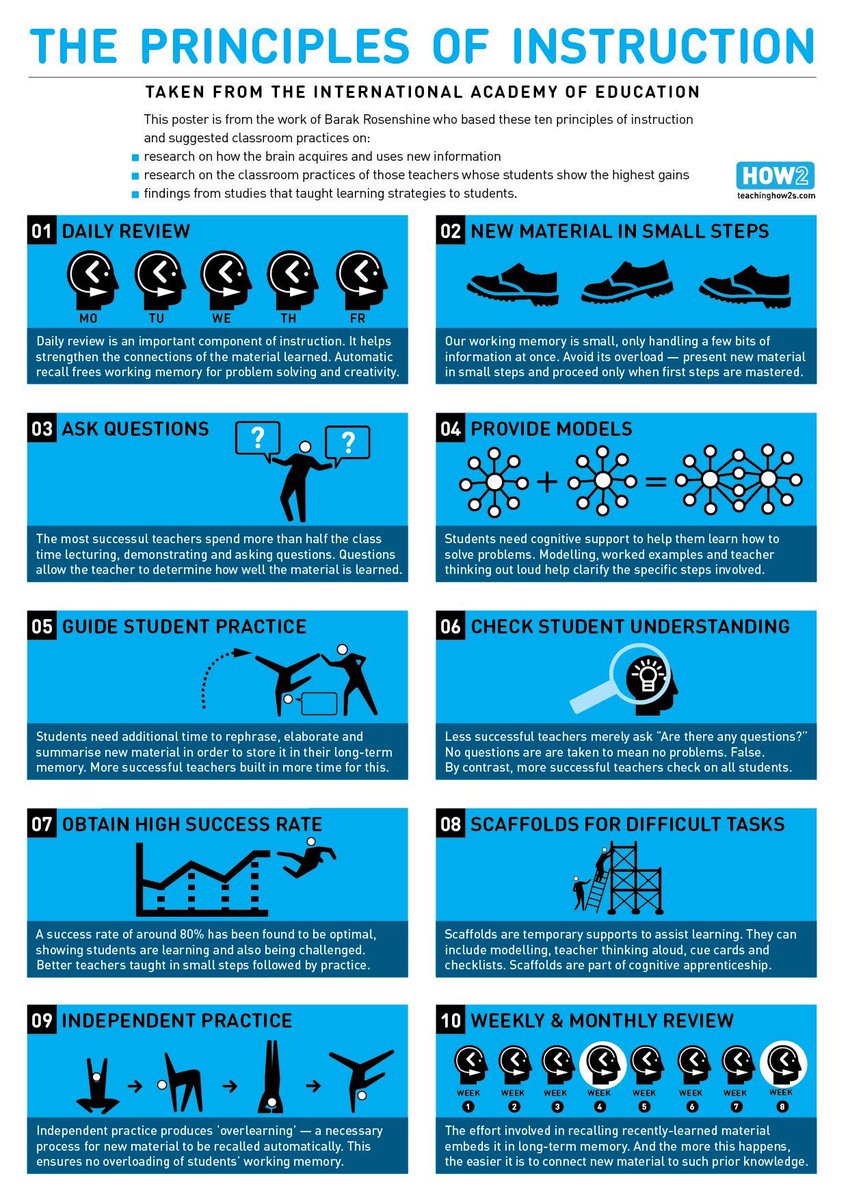
Students are doing lots of work
Ss are engaged
Ss are getting feedback
Classroom is calm
Ss have given correct answers

and @primarypercival’s: primarypercival.weebly.com


Twitter may remove this content at anytime, convert it as a PDF, save and print for later use!

1) Follow Thread Reader App on Twitter so you can easily mention us!
2) Go to a Twitter thread (series of Tweets by the same owner) and mention us with a keyword "unroll"
@threadreaderapp unroll
You can practice here first or read more on our help page!
